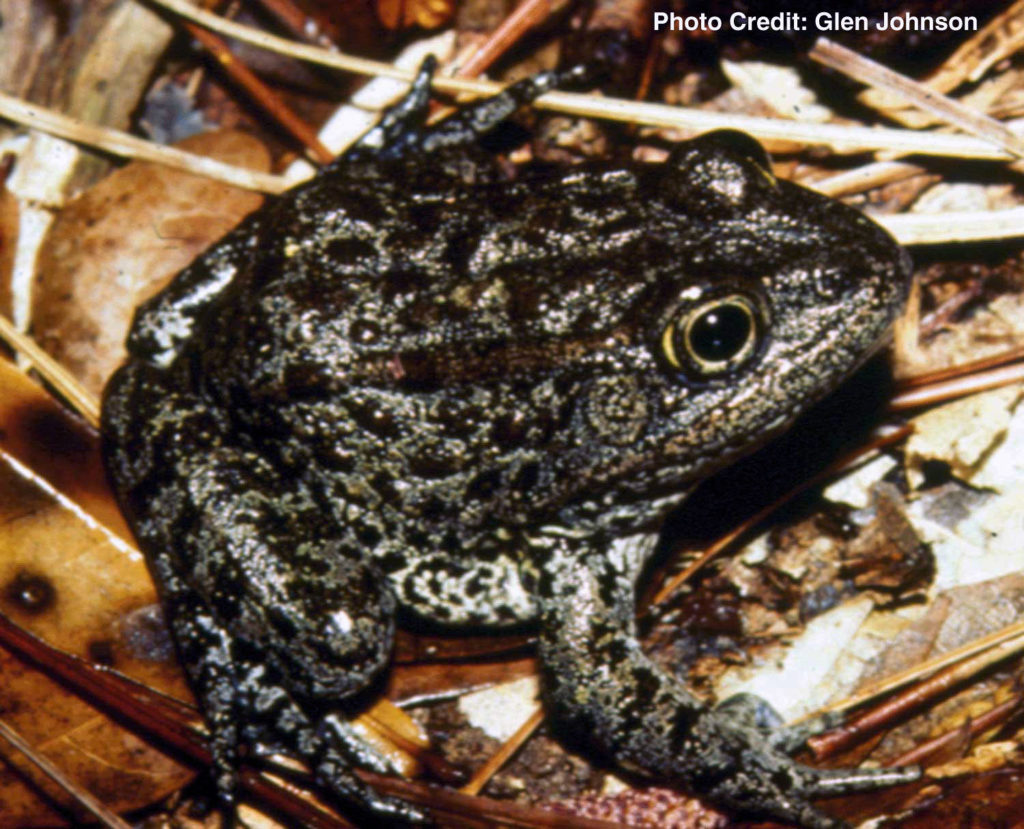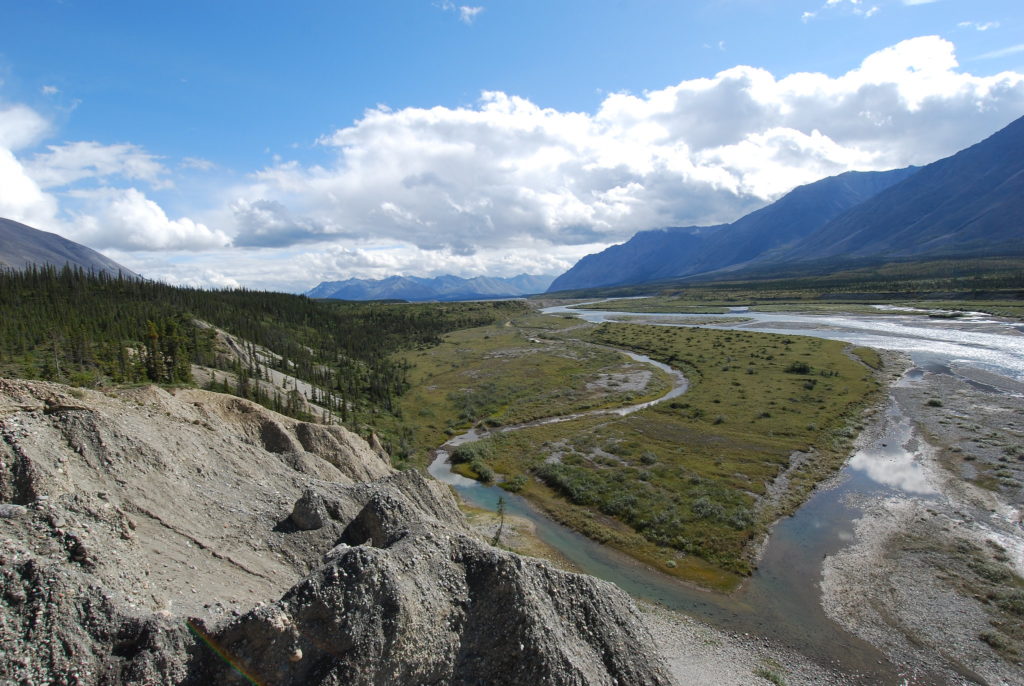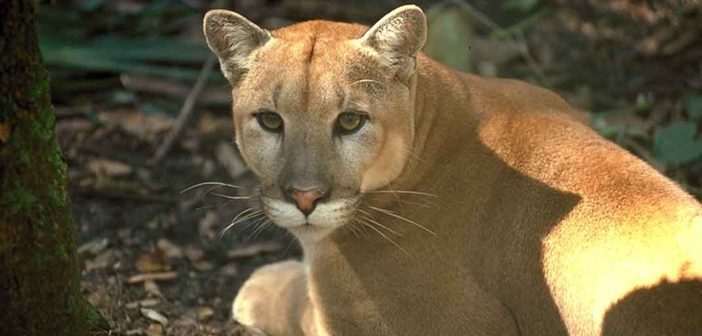The United States House Natural Resource Committee worked to pass five pieces of legislation (H.R. 4348, H.R. 2748, H.R. 2795, H.R. 5179 and H.R. 2956) that aim to address climate change, protect our nation’s precious wildlife and lands as well as establish a new National Wildlife Refuge.
“At a time when 1 million species are at risk of extinction, it is critical we redouble our efforts to safeguard our natural world,” said Jamie Rappaport Clark, president and CEO of Defenders of Wildlife. “We commend the House Natural Resources Committee for their leadership and commitment to fighting for the health of our wildlife and communities.”
Under this administration, the Endangered Species Act (ESA) has been under relentless attack and recently finalized regulations rolled back critical protections for imperiled wildlife. These new regulations make it more difficult to protect newly listed threatened species, inappropriately allowing economic considerations to weigh into listing decisions and allowing industrial projects to encroach upon critical habitat areas. H.R. 4348, the Protect America’s Wildlife and Fish In Need of Conservation (PAW and FIN) Act, will undo these damaging changes and restore the ESA so that it can continue to protect species.

Responding to the increasing impacts of climate change on both natural and human communities, H.R. 2748, the Safeguarding America’s Future and Environment (SAFE) Act, is designed to formalize and implement strategies to address these threats and increase our scientific capacity to make decisions that conserve our natural resources. The critical need for this bill is illustrated by Defenders’ Field Guide to Climate Change, which offers dozens of examples of how climate change is already impacting species and habitats around the country.
Our nation’s fish, wildlife and plant species continue to decline as a result of habitat loss, fragmentation and degradation. Wildlife corridors are essential to connecting valuable habitats and protecting wildlife migration routes, promoting species diversity and lowering the risk of extinction. This need will only increase as climate change alters habitats and forces species to shift their ranges. H.R. 2795, the Wildlife Corridors Conservation Act, aims to adopt a science-driven approach to managing and maintaining wildlife corridors across the country. The bill will grant authority to federal agencies to establish these crucial corridors on public lands, while directing money to states, tribes and private landowners to improve connectivity for vulnerable wildlife. H.R. 5179, the Tribal Wildlife Corridors Act, would likewise strengthen habitat connectivity, empowering Native American Tribes to create corridors on tribal lands.

Our National Wildlife Refuge system is the nation’s only federal lands system dedicated specifically to the conservation of wildlife and habitat. H.R. 2956 will provide for the establishment of the Western Riverside County National Wildlife Refuge in Riverside County, California to support conservation and recovery of federally protected species, state-listed flora and fauna, as well as species covered under the Western Riverside County Multiple Species Habitat Conservation Plan. This broadly supported legislation is a model for how refuge designation can support federal habitat conservation plans developed under the Endangered Species Act.
“These five bills are an important step forward in preserving our biodiversity, and Defenders strongly supports such proactive conservation legislation,” said Clark.
Featured image: the Florida panther is one of the most endangered mammals in the United States. Image credit U.S. Fish and Wildlife Services, CC BY-SA 2.0.





